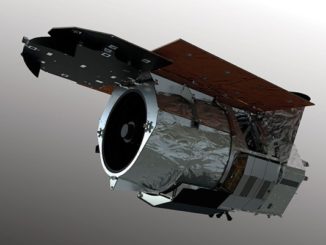
WFIRST


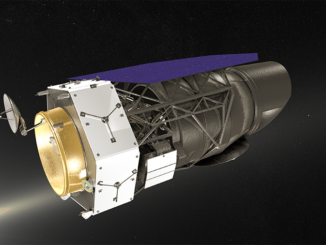
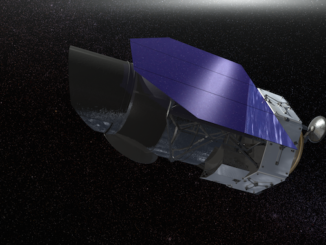
With an eye on growing cost, NASA aims for 2025 launch of next ‘great observatory’
NASA managers say the WFIRST mission, the next in the agency’s line of powerful observatories after the Hubble and James Webb telescopes, could cost around $3.2 billion after budgeting for a novel first-of-its-kind instrument to probe the make-up of planets around nearby stars and a bigger-than-expected launch vehicle.
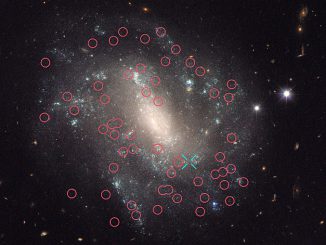
Hubble finds universe is expanding faster than expected
When Edwin Hubble discovered nearly 100 years ago that the universe was uniformly expanding in all directions, the finding was a big surprise. Then, in the mid-1990s, another shocker occurred: astronomers found that the expansion rate was accelerating, perhaps due to “dark energy.” Now, the latest measurements of our runaway universe suggest that it is expanding faster than astronomers thought.
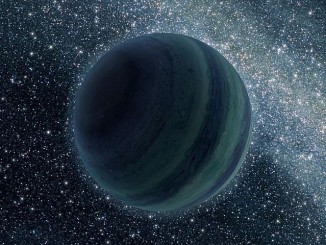
Searching for distant and wandering worlds
In a global exoplanet observation experiment, NASA’s Kepler K2 mission and Earth-based observatories on six continents hope to survey millions of stars toward the centre of our Milky Way galaxy. Using a technique called gravitational microlensing, scientists will hunt for exoplanets that orbit far from their host star and for free-floating exoplanets that wander between the stars.
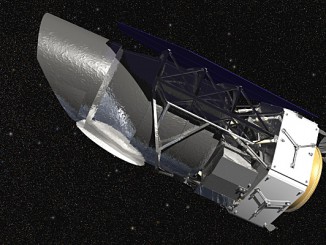
Introducing WFIRST — NASA’s wider set of eyes on the universe
With a view 100 times bigger than that of the Hubble Space Telescope, NASA’s Wide Field Infrared Survey Telescope (WFIRST) will aid researchers in their efforts to unravel the secrets of dark energy and dark matter, and explore the evolution of the cosmos. It also will discover new worlds outside our solar system and advance the search for worlds that could be suitable for life.

